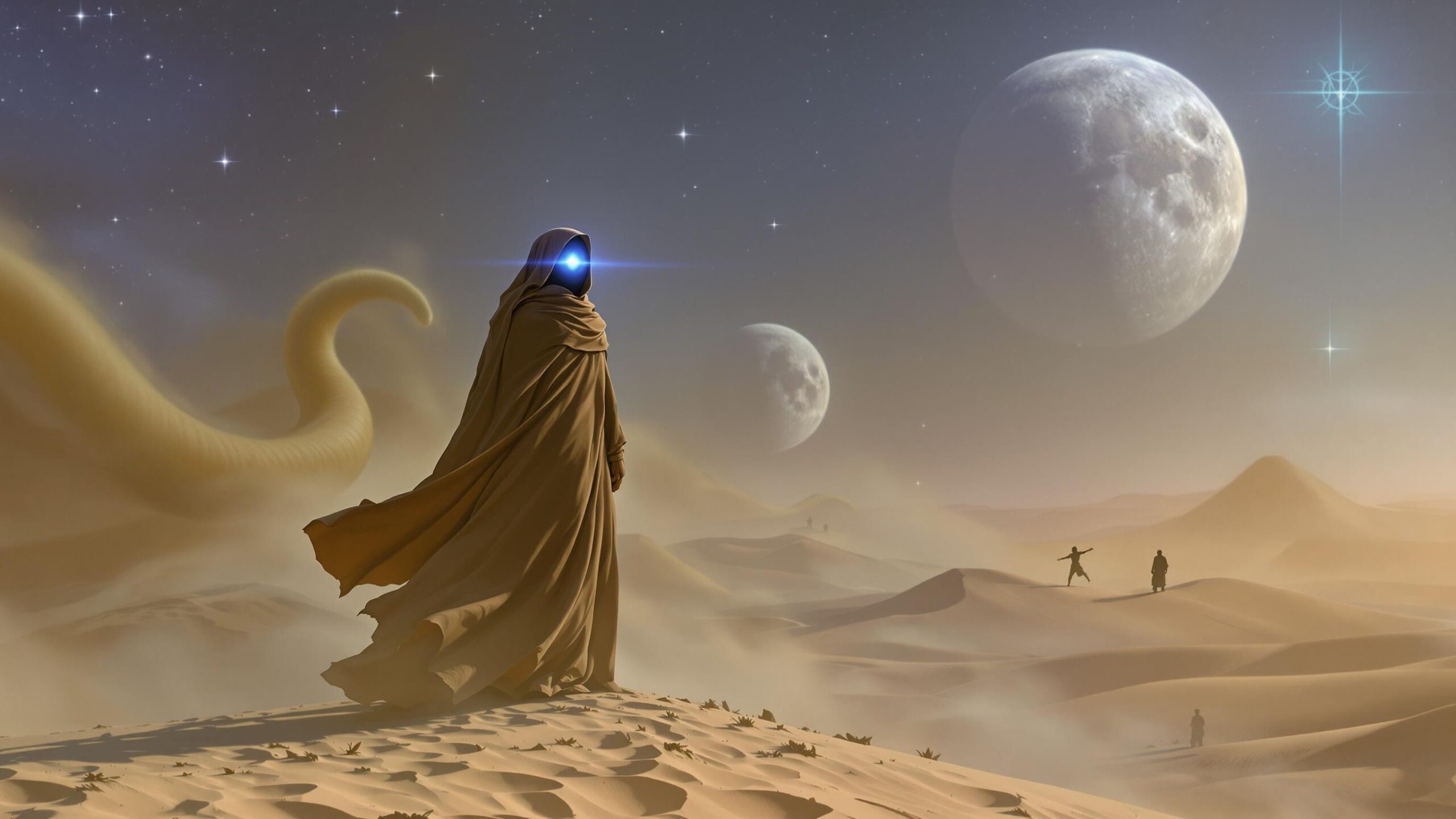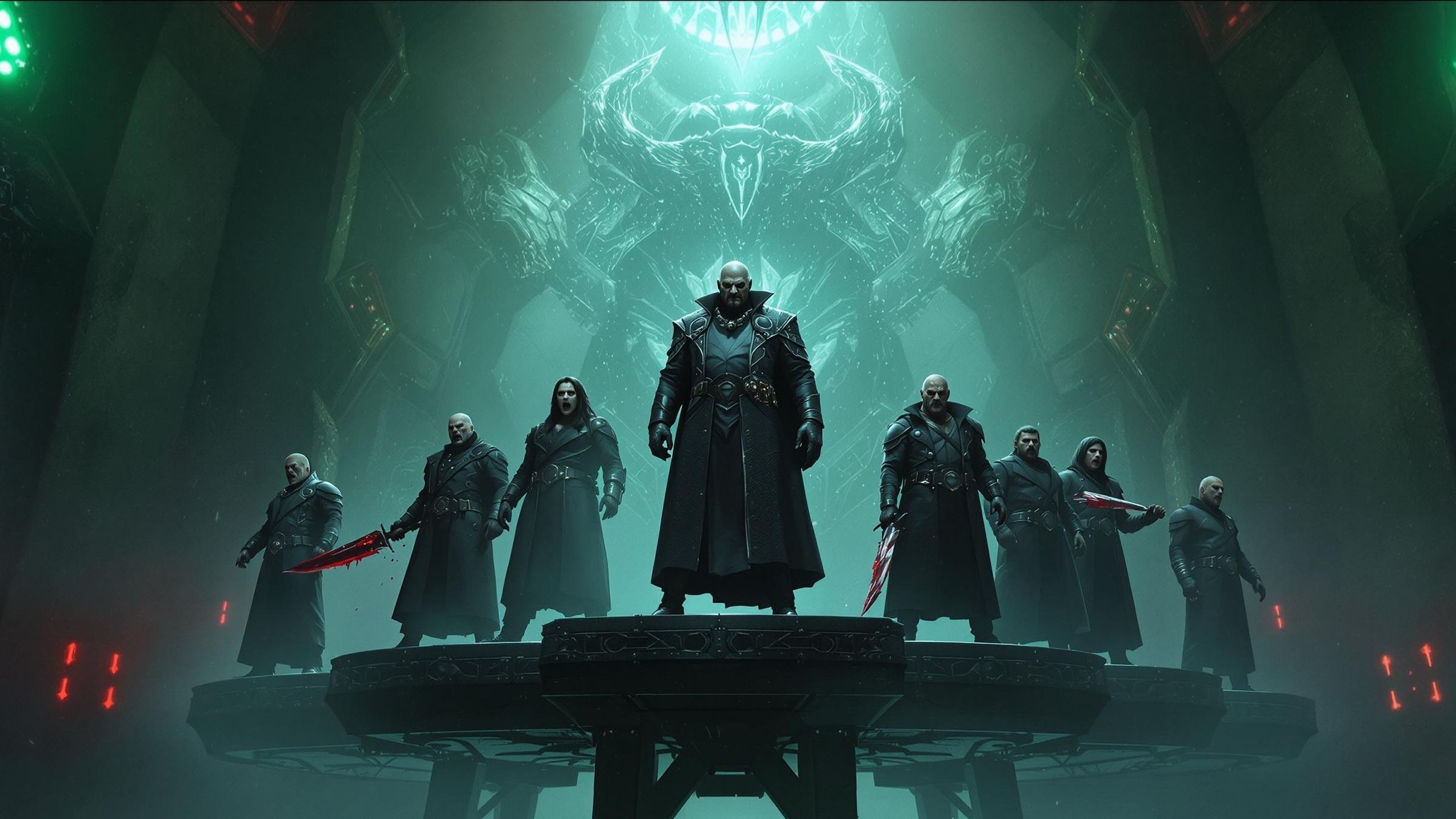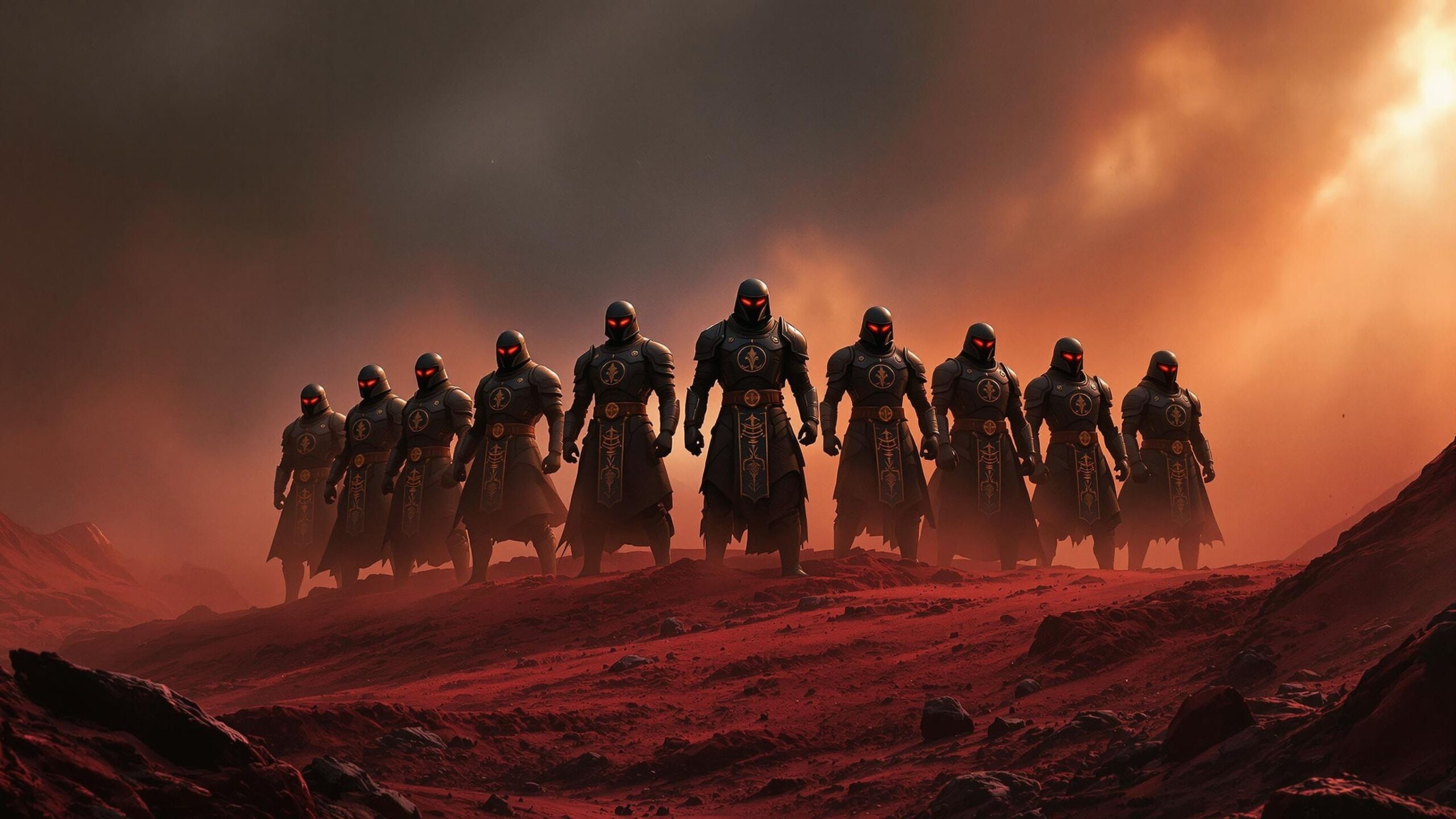In the world of Dune, the Kwisatz Haderach is more than a prophecy—it is the arrival of a being with unmatched prescient power, capable of seeing across time, space, and genetic memory. For the Bene Gesserit, it was a tool to bend fate. For the universe, it became Paul Atreides. From his early stirrings of awareness on Caladan to his godlike role as Muad’Dib on Arrakis, Paul repeatedly demonstrated he was the one destined to shift the cosmos. These ten moments are where he most powerfully proved that he wasn’t just a duke’s son or a desert prophet—but the long-foretold Kwisatz Haderach.
#10: His awakening in the spice agony
One of Paul’s earliest confirmations as the Kwisatz Haderach came when he survived the spice agony—a ritual normally lethal to men. The Bene Gesserit had long believed that no male could endure the process of ingesting the Water of Life, yet Paul did what no man before him could. In doing so, he unlocked genetic memory, perceiving both his male and female ancestral lines. This moment wasn’t just physical transformation; it was metaphysical enlightenment. Paul didn’t just survive—he transcended, gaining insight that proved he was not limited by what the Sisterhood believed possible. His survival marked a fracture in Bene Gesserit dogma and a pivot in the universe’s balance of power.
#9: His visions of the jihad
While others in the universe saw only the present, Paul saw the future—and it terrified him. One of the most telling aspects of his identity as the Kwisatz Haderach was his vision of the holy war to come. Even before he fully embraced the Fremen or led armies, Paul foresaw the religious crusade that would be waged in his name across the galaxy. This foresight went beyond dreams—it was vivid, persistent, and accurate. Paul wasn’t merely seeing probability; he was seeing inevitability. What made this moment defining was his reaction: rather than reveling in glory, he was horrified by the weight of fate. His internal conflict about destiny and choice revealed a true prophet grappling with cosmic consequences.
#8: Mastering the Voice and Bene Gesserit training
Though Paul was not born into the Sisterhood, his mother Jessica trained him in their disciplines from a young age. What stood out was not just that Paul could learn Bene Gesserit skills, but that he could perfect them—and even surpass them. His use of the Voice to command others with precise control was astonishing to Jessica and terrifying to observers. In a society where power often passed through subtle manipulation, Paul’s natural ease with such methods made him extraordinary. It was as though his mind had been hardwired for superhuman command. This mastery underscored his destined status as the male who could wield and evolve the Sisterhood’s legacy.
#7: His dominance in Fremen culture
When Paul entered the Fremen sietch, he wasn’t merely adopted—he was revered. Taking the name Muad’Dib, he quickly adapted to the harsh desert life, earning the respect of warriors, priests, and leaders. But more than that, he fulfilled aspects of the Fremen prophecy, speaking in ways that mirrored their myths and exhibiting powers that made them believe he was the Mahdi. His leadership in the desert wasn’t forced; it was magnetic. Paul’s rise wasn’t just political—it was spiritual. His command of desert combat, his vision of water in the sietches, and his spiritual depth made it clear: he wasn’t an outsider playing messiah. He was the messiah they’d been waiting for.
#6: Defeating Jamis in ritual combat
Though a single duel may seem like a small milestone, Paul’s ritual fight against Jamis carried enormous weight. Not only was it his first true battle to the death, but it was also a rite of passage into the Fremen way of life. What distinguished this moment was that Paul didn’t want to kill. He hesitated, understanding the gravity of taking a life, which revealed both his humanity and his growing awareness of consequence. Yet, in the end, he overcame a trained warrior, proving his physical prowess and mental clarity. This rite confirmed that Paul was not just a guest of the Fremen—he was one of them. And one of their best.
#5: Commanding the sandworms
In one of the most jaw-dropping displays of power, Paul proved his complete assimilation into Fremen life—and his prophetic destiny—by riding the giant sandworms of Arrakis. This was no simple feat; it required perfect timing, fearlessness, and a symbiotic connection with the desert. When Paul not only rode a worm but led others into battle on them, it became a moment of myth made real. The sandworms were sacred, terrifying forces of nature, and Paul mastered them. It wasn’t just spectacle—it was symbolism. He didn’t just walk the Golden Path; he rode it. His bond with the spice-producing creatures echoed his deeper bond with destiny and the planet itself.
#4: Turning water of life into a tool
Perhaps the most defining Kwisatz Haderach moment came when Paul transformed the Water of Life—not just surviving it but using it to open his prescient vision to its full extent. This act was something no other human—male or female—had achieved. The Bene Gesserit had used the substance for generations to unlock ancestral memory in women, but Paul’s ingestion created a profound expansion of awareness, unlocking time and space in a godlike way. This wasn’t a mere rite of passage—it was an evolutionary leap. In that moment, Paul didn’t just prove he was the Kwisatz Haderach; he became it. The transformation was irreversible and catapulted him toward his role as the messiah of the Fremen and beyond.
#3: Confronting the Emperor
Standing before Emperor Shaddam IV in the climactic scenes of Dune, Paul delivers one of his most iconic assertions: “The power to destroy a thing is the absolute control over it.” In that moment, Paul flips the power structure of the galaxy. He doesn’t beg or argue—he threatens, using his control of spice, his command of the Fremen army, and his prescient authority to claim the throne. That confrontation marked the full realization of prophecy: the boy Duke from Caladan had become a ruler so powerful he could unmake the Imperium. The Bene Gesserit, the Guild, and the Emperor himself had no answer to the force Paul had become. His words alone shifted empires.
#2: Winning the duel against Feyd-Rautha
The duel between Paul and Feyd-Rautha Harkonnen was more than personal vengeance—it was a symbolic clash of two destinies. Feyd, groomed by the Harkonnens to rule, represented the dark, violent future that might have been. Paul, armed with prescient vision, battle skill, and moral purpose, represented the messianic future that was. Though both were deadly, it was Paul’s composure, his awareness of trap and trick, and his deadly precision that won the fight. This wasn’t just a battle between men—it was between worldviews. Paul’s victory sealed his dominance over both House Harkonnen and the universe. In that blood-stained moment, Paul proved he was not just chosen—he was unchallenged.
#1: Walking into the desert as a blind man
After all the prophecy, war, and godhood, it was Paul’s final decision in Dune Messiah that most solidified his role as the true Kwisatz Haderach. Blinded by an assassination attempt, Paul—who could still “see” through prescience—chose to obey the Fremen custom of walking into the desert to die, as the blind are considered a burden. But he didn’t walk out of weakness. He walked out of principle. Rejecting the tyranny of destiny and the weight of being worshiped, Paul let go of his godhood to reclaim his humanity. That act of surrender, of choosing the unknown over absolute power, made him greater than any emperor. In death, as in life, Paul’s path was one only he could walk. And in that silence, he proved once and for all that he was the Kwisatz Haderach.
Paul Atreides was many things—duke, prophet, messiah—but above all, he was the fulfillment of a prophecy that reshaped the known universe. These ten moments reflect not just his power, but the profound moral and existential challenges that came with it. Paul didn’t merely fulfill a role—he transcended it. His journey was one of burden and brilliance, destruction and enlightenment. In proving he was the Kwisatz Haderach, Paul left behind more than a legend. He left behind a new reality.




